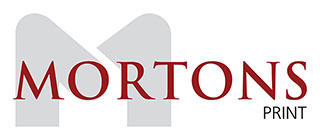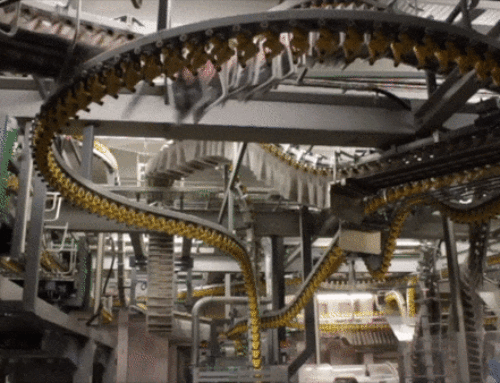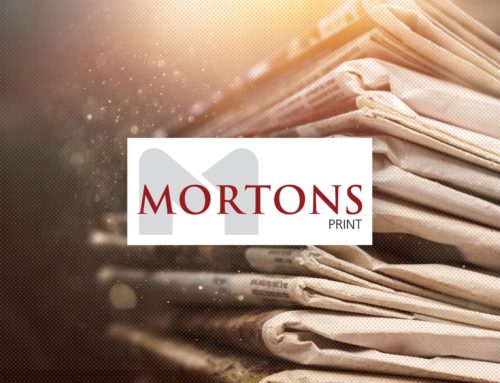Annabelle Dickson, Newspaper Conference chairman and political editor of Archant’s Anglia titles, has argued in a debate that local newspapers will be pivotal to the outcome of the general election in May.
Annabelle told the audience at the debate on local media and the election sponsored by JICREG that the “hundreds of marginal constituencies” are where the election “will be won and lost” making local media more influential than ever before.
Speaking in favour of the motion that local papers will win the election, Annabelle said: “If we take seats with majorities of 10 per cent or less that require a swing of five per cent for the incumbent party to lose, then there are currently 194 such marginal seats in Britain. So it is local campaigns that are going to matter, and by definition the local media covering these battles on a daily or weekly basis.”
Annabelle said this was the reason the major parties were devoting their resources to local press in the final part of the campaign. “Behind closed doors, for the strategists the air war has taken a back seat, with a fiercely contested ground war going on in the hundreds of marginal constituencies. This is because that is where the election will be won and lost,” she said.
“It will be the local media that gets the lion’s share of the air time, I’m told. And rightly so. Local newsbrands reach 37.5 million people from across the UK – that is 73 per cent of the population each week.
“And, even more importantly, according to Consumer Catalyst, local media is the most trusted source of information – whether that is local newspapers, websites, radio and television. We aim to be balanced, and if we do get something wrong, we quickly know about it.
“Tenacious reporters – with their local contacts – continue to uncover wrongdoing and often ask the more pertinent question that only local knowledge could throw up about how policies will work in practice. How many of your new nurses will come to my hospital, where are these thousands of homes going to be built? Readers of the local newsbrands are going to see through a failure to answer such a question properly.
“But it is not just in the reporting of MPs and key policies where locals will be key in this election. MPs and candidates – seeking to find out what is important to the voters in their patch – will turn to their Daily Press, their Evening News, their Echo, their Journal, their Recorder to find out what is troubling people.
“Regional websites, newspapers, radio or television are often the first they hear of something happening, and how people are reacting – the outrage at the school set to become an academy, the hospital ward due to close.
“When at a national level council cuts are talked about, it is hypothetical. In the local media, the reality is spelt out. It is local journalists covering the county council meeting where a decision is being made about whether to cut back on funding for its museum is going to happen or whether its local sports centre.
“Will political disillusionment about politics at an all-time high, people who want to vote are likely to turn to the questions of who their candidate is and what they stand for. The MP who has been publically speaking out about a lost service could well get votes to take them over their line, even if their party leader is not deemed flavour of the month. So that is why political parties know that they ignore the local media at their peril.
“From the Western Morning News in Lands’ End to the John o Groats Journal – what people read, watch, listen to locally, will help them to understand more about how national policy will apply to local issues that matter to them, and who their candidates are, as they decided where to put their cross on 7 May.
Also speaking in the debate, John Carroll, IPSOS Mori senior director, said: “Local media are the most trusted source of information versus other media and around three in five of us rely on local newspapers to keep us informed. What an opportunity for politicians and political parties to target their local papers to get their messages across.
“With 1,110 local newspapers in the UK and over 1,700 affiliated websites in UK, one cannot deny the strength of local media. Local media should be used for a national message. It’s role is not to tell people what to think, but to tell them the issues they should think about.”
*Pictured above is Archant political editor and Newspaper Conference chairman, Annabelle Dickson.*





